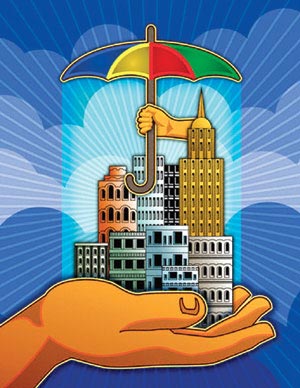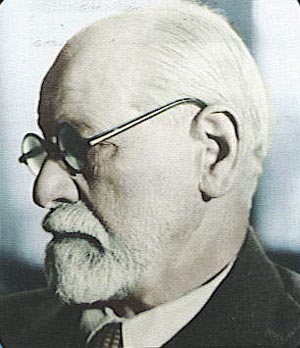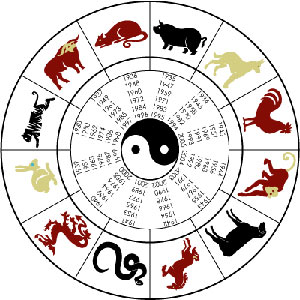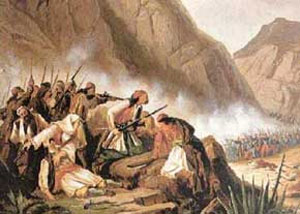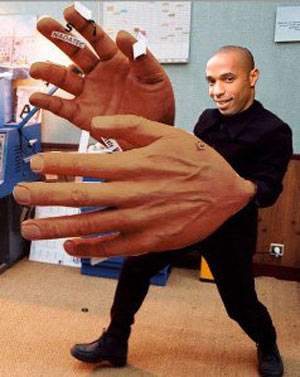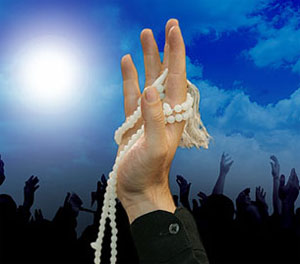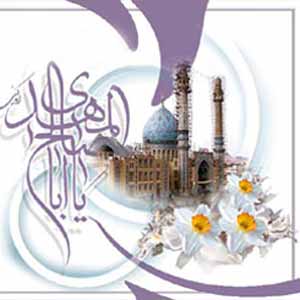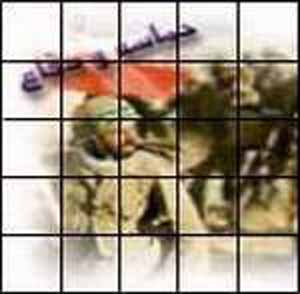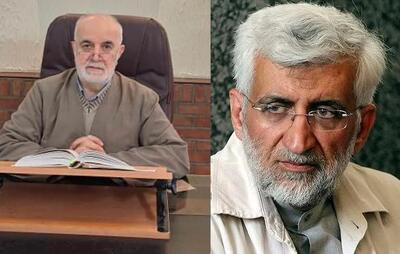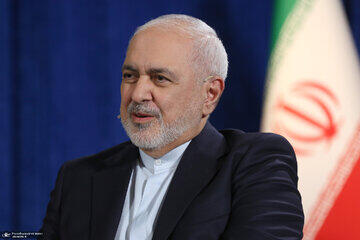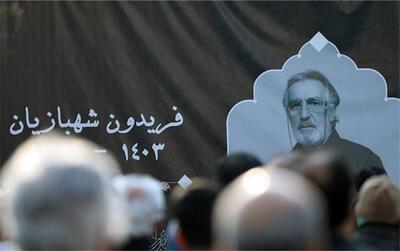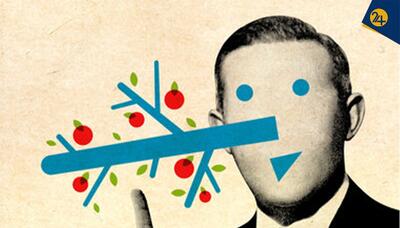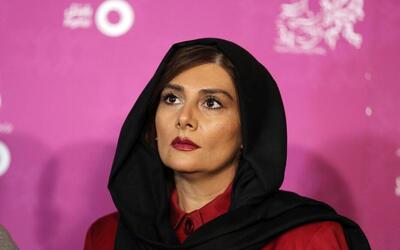چهارشنبه, ۲۶ دی, ۱۴۰۳ / 15 January, 2025
مفهوم فرهنگ
مسیر ترجمه انگلیسی به فارسی
در این فصل به وحدت و گوناگونی فرهنگ و زندگی انسانی نظر خواهیم افکند. مفهوم فرهنگ، همراه با مفهوم جامعه، یکی از مفاهیمی است که در جامعه شناسی زیاد به کار برده می شود. فرهنگ عبارت است از ارزشهایی که اعضای یک گروه معین دارند، هنجارهایی که از آن پیروی می کنند، و کالاهای مادی که تولید می کنند. ارزشها آرمانهای انتزاعی هستند، حال آنکه هنجارها اصول و قواعد معینی هستند که از مردم انتظار می رود آنها را رعایت کنند. هنجارهای نشان دهنده ی "بایدها" و "نبایدها" در زندگی اجتماعی هستند. بدین سان تک همسری- وفادار بودن به تنها یک شریک زناشویی- ارزش مهمی در اکثر جوامع غربی است. در بسیاری از فرهنگهای دیگر شخص مجاز است در یک زمان چندین زن یا شوهر داشته باشد. هنجارهای ازدواج، به عنوان مثال، شامل چگونگی رفتار زن و شوهر نسبت به وابستگانشان است. در بعضی از جوامع، از شوهر یا زن انتظار می رود که با پدر و مادر همسرشان رابطه ی نزدیکی برقرار کنند؛ در فرهنگهای دیگر از آنها انتظار می رود آشکارا از یکدیگر فاصله بگیرند.
هنگامیکه واژه ی "فرهنگ" را در گفتگوهای معمولی هر روزه به کار می بریم، اغلب "فرآورده های متعالی ذهن" – هنر، ادبیات، موسیقی و نقاشی- را در نظر داریم. مفهوم فرهنگ آنگونه که جامعه شناسان آن را به کار می برند شامل این قبیل فعالیتها و امور بسیار دیگری است. فرهنگ به مجموعه ی شیوه ی زندگی اعضای یک جامعه اطلاق می شود؛ چگونگی لباس پوشیدن آنها، رسمهای ازدواج و زندگی خانوادگی، الگوهای کارشان، مراسم مذهبی و سرگرمیهای اوقات فراغت، همه را در بر می گیرد. همچنین شاما کالاهایی می شود که تولید می کنند و برای آنها مهم است- مانند تیر کمان، خیش، کارخانه و ماشین، کامپیوتر، کتاب و مسکن.
فرهنگ را می توان به لحاظ مفهومی از "جامعه" متمایز کرد، اما ارتباط بسیار نزدیکی بین این مفاهیم وجود دارد. "فرهنگ" به شیوه ی زندگی اعضای یک جامعه ی معین- عادات و رسوم آنها، همراه با کالاهای مادی که تولید می کنند- مربوط می شود. "جامعه" به نظام روابط متقابلی اطلاق می گردد که افرادی را که دارای فرهنگ مشترکی هستند به همدیگر مربوط می سازد. هیچ فرهنگی نمی تواند بدون جامعه وجود داشته باشد. اما همانگونه، هیچ جامعه ای بدون فرهنگ وجود ندارد. بدون فرهنگ، اما اصلا انسان، به معنایی که معمولا این اصطلاح را درک می کنیم، نخواهیم بود؛ نه زبانی خواهیم داشتن که با آن مقاصد خود را بیان کنیم و نه هیچ گونه احساس خود آگاهی، و تفکر یا تعقل ما نیز به شدت محدود خواهد بود.
In this chapter we shall look at the unity and diversity of human life and culture. The concept of culture, together with that of society, is one of the most widely used notions in sociology. Culture consists of the values the members of a given group hold, the norms they follow, and the material goods they create. Values are abstract ideals, while norms are definite principles or rules which people are expected to observe. Norms represent the "dos" and "don'ts" of social life. Thus monogamy being faithful to a single marriage partner- is a prominent value in most western societies. In many other cultures, a person is permitted to have several wives or husbands simultaneously. Norms of behavior in marriage include, for example, how husbands and wives are supposed to behave towards their in-laws. In some societies, a husband or wife is expected to develop a close relationship with parens-in-law; in others they are expected to keep a clear distance from one another.
When we use the term in ordinary daily conversation, we often think of "culture" as equivalent to the "higher things of the mind"- art, literature, music and painting. As sociologists use it, the concept includes such activities, but also far more. Culture refer to the whole way of life of the members of a society. It includes how they dress, their marriage customs and family life, their patterns of work, religious ceremonies and leisure pursuits. It covers also the goods they create and which became meaningful for them- bows and arrows, ploughs, factories and machines, computer, book, and dwellings.
Culture can be conceptually distinguished from society, but there are very close connections between these notions. "Culture" concerns the way of life of the member of a given society- their habits and customs, together with the material goods they produce. "Society" refer to the system of interrelationship which connects together the individuals who share a common culture. No culture could exist without a society. But, equally, no society could exist without culture. Without culture, we would not be "human" at all, in the sense in which we usually understand that term. We would have no language in which to express ourselves, no sense of self-consciousness, and our ability to think or reason would be severally limited.
آنتونی گیدنز، 1376، جامعه شناسی، منوچهر صبوری، تهران، نی، صص. 56-55
ایران مسعود پزشکیان دولت چهاردهم پزشکیان مجلس شورای اسلامی محمدرضا عارف دولت مجلس کابینه دولت چهاردهم اسماعیل هنیه کابینه پزشکیان محمدجواد ظریف
پیاده روی اربعین تهران عراق پلیس تصادف هواشناسی شهرداری تهران سرقت بازنشستگان قتل آموزش و پرورش دستگیری
ایران خودرو خودرو وام قیمت طلا قیمت دلار قیمت خودرو بانک مرکزی برق بازار خودرو بورس بازار سرمایه قیمت سکه
میراث فرهنگی میدان آزادی سینما رهبر انقلاب بیتا فرهی وزارت فرهنگ و ارشاد اسلامی سینمای ایران تلویزیون کتاب تئاتر موسیقی
وزارت علوم تحقیقات و فناوری آزمون
رژیم صهیونیستی غزه روسیه حماس آمریکا فلسطین جنگ غزه اوکراین حزب الله لبنان دونالد ترامپ طوفان الاقصی ترکیه
پرسپولیس فوتبال ذوب آهن لیگ برتر استقلال لیگ برتر ایران المپیک المپیک 2024 پاریس رئال مادرید لیگ برتر فوتبال ایران مهدی تاج باشگاه پرسپولیس
هوش مصنوعی فناوری سامسونگ ایلان ماسک گوگل تلگرام گوشی ستار هاشمی مریخ روزنامه
فشار خون آلزایمر رژیم غذایی مغز دیابت چاقی افسردگی سلامت پوست


